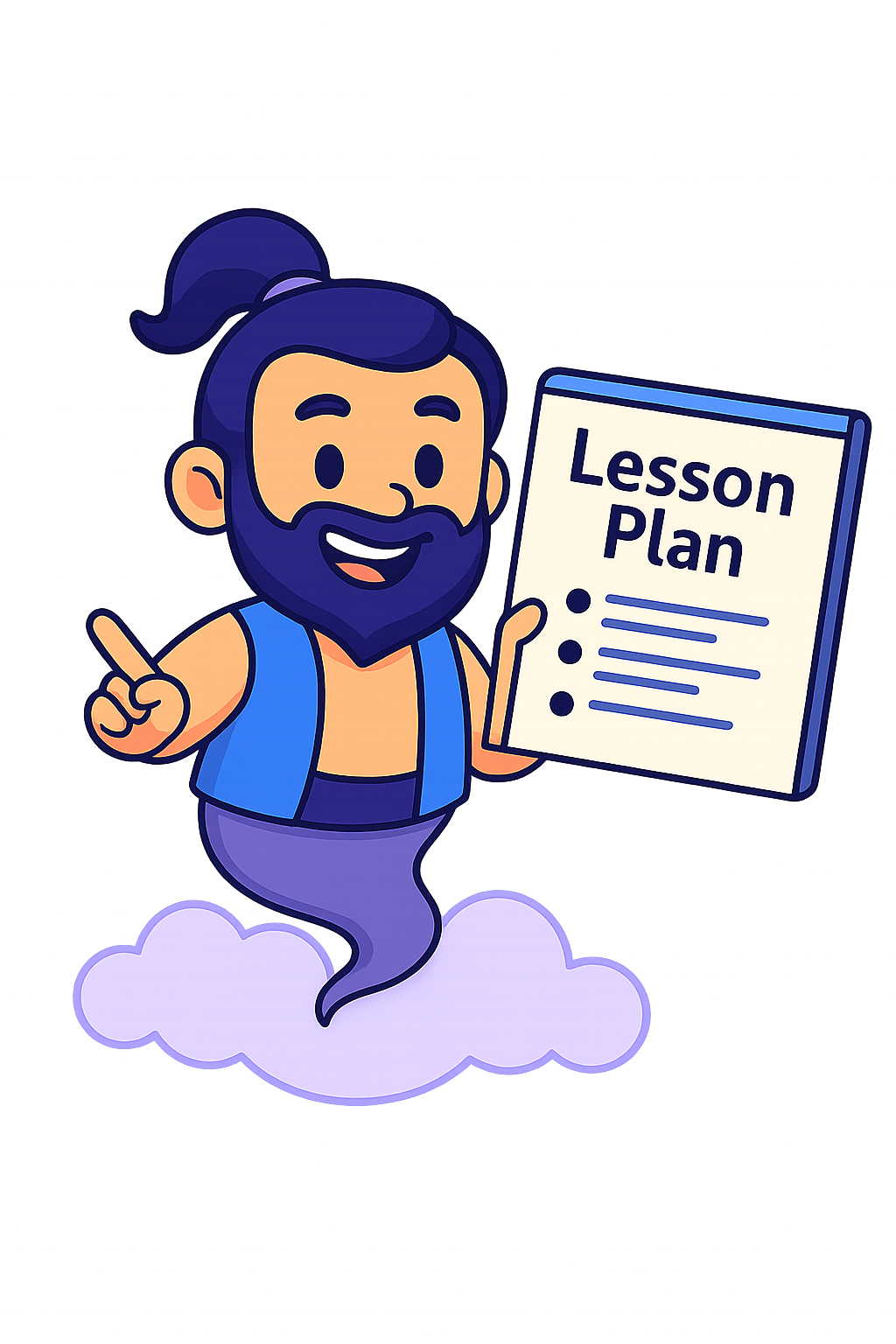 Using Abstract Nouns in Sentences
Using Abstract Nouns in Sentences
Objective: Students will learn to identify and use abstract nouns in sentences to enhance their writing and comprehension skills according to standard 3.L.1h.
Learning Objectives
- Understand the difference between abstract and concrete nouns.
- Identify abstract nouns in spoken and written sentences.
- Use abstract nouns correctly when creating sentences.
Materials Needed
- Notebook or lined paper
- Pencil
- Flashcards with nouns (both concrete and abstract)
- Example sentence strips
Key Vocabulary
- Abstract Noun
- A noun that names an idea, feeling, quality, or characteristic that you cannot see or touch.
- Concrete Noun
- A noun that names something you can see, touch, hear, smell, or taste.
- Sentence
- A group of words that express a complete thought.
Detailed Activities
Introduction to Abstract Nouns
- Explain that nouns can be things we can touch or things we can only feel or think about, called abstract nouns.
- Show flashcards with pictures representing concrete nouns and words representing abstract nouns.
- Ask the student to sort cards into two groups: concrete and abstract nouns.
Identifying Abstract Nouns in Sentences
- Read example sentences aloud that contain both concrete and abstract nouns.
- Ask the student to listen carefully and point out the abstract noun in each sentence.
- Discuss why the selected word is an abstract noun.
Creating Sentences with Abstract Nouns
- Provide a list of abstract nouns (like happiness, courage, friendship).
- Ask the student to choose a word and create their own simple sentence using that word.
- Write the sentence together and review it, emphasizing the abstract noun.
Parent & Instructor Notes
- Encourage your child to think about feelings and ideas they experience daily to find examples of abstract nouns.
- Be patient and offer examples if your child struggles to identify or use abstract nouns.
- Reinforce the concept by pointing out abstract nouns in books or conversations you have together.
Assessment Questions
- Can you tell me what an abstract noun is?
- Which word in this sentence is an abstract noun? ‘She showed great kindness to her friend.’
- Can you make a sentence with the abstract noun ‘bravery’?
Extension Ideas
- Have your child draw a picture that represents an abstract noun and explain their drawing.
- Create a short story using at least three abstract nouns.
- Play a game where you say a noun and your child says if it is abstract or concrete.
Frequently Asked Questions
Explain that abstract nouns are things or ideas, while adjectives describe nouns. Using examples can help clarify the difference.
Use real-life examples related to emotions or qualities your child can relate to, such as ‘love’ or ‘fun,’ and provide plenty of practice with simple sentences.
Teacher’s Guide
Common Misconceptions:
- Students may think all nouns are concrete and struggle to understand nouns they cannot see or touch.
- Students might confuse abstract nouns with adjectives or verbs.
Scaffolding Ideas:
For Struggling Students:
- Use more visual aids and physical objects to contrast with abstract ideas.
- Provide sentence starters to guide sentence creation.
For Advanced Students:
- Challenge students to write a short paragraph using multiple abstract nouns.
- Encourage exploring abstract nouns in poetry or storytelling.
Pacing Recommendations:
- Spend about 10-15 minutes on introduction and sorting activity to build understanding.
- Use 15 minutes for identifying abstract nouns in sentences with guided practice.
- Allow 15 minutes for creating sentences, with time for discussion and review.
Standards
- 3.L.1h — Demonstrate command of the conventions of standard English grammar and usage when writing or speaking, specifically using abstract nouns appropriately.
Printable Worksheet
Plan Your Own Lesson
Looking for a custom lesson plan? Try our Lesson Planning Generator — create standards-based plans for any topic, instantly!
Common Core Aligned Lesson Plans
Looking for another common core lesson? See all of the lesson plans here.
More Free Lesson Plans
We’re adding more every week! Check back soon or explore all our lesson plans here.

 Using Abstract Nouns in Sentences
Using Abstract Nouns in Sentences
Leave a Reply